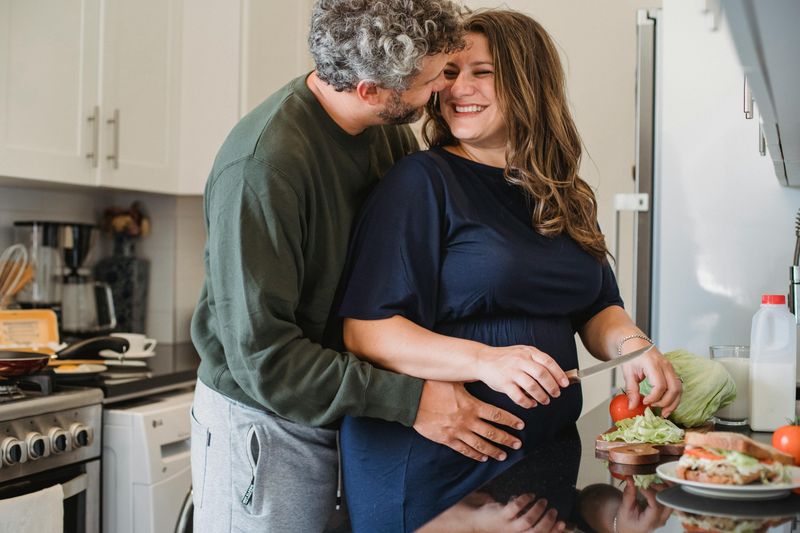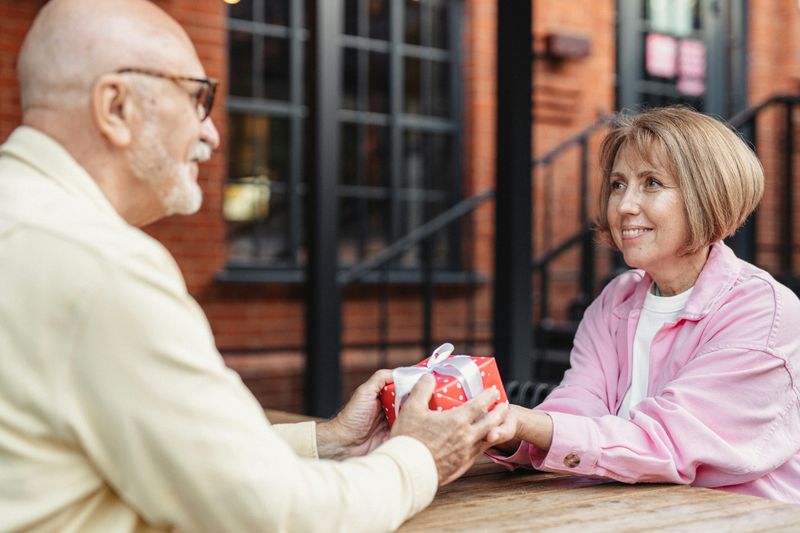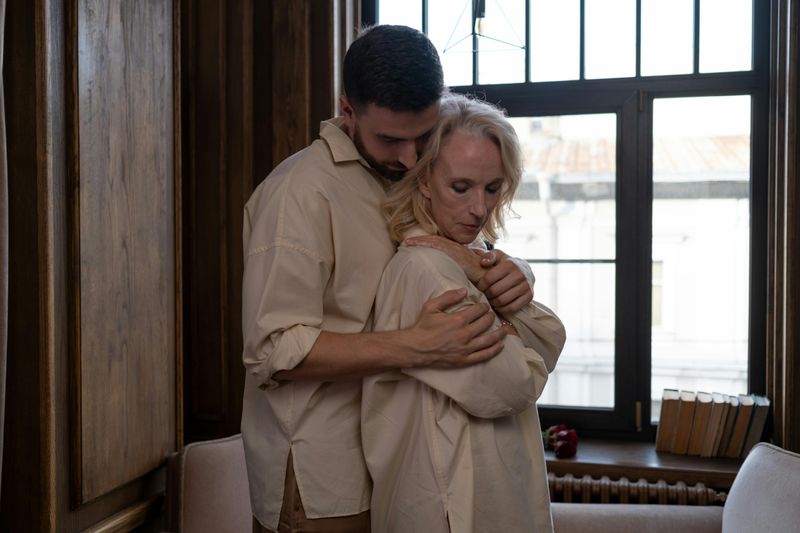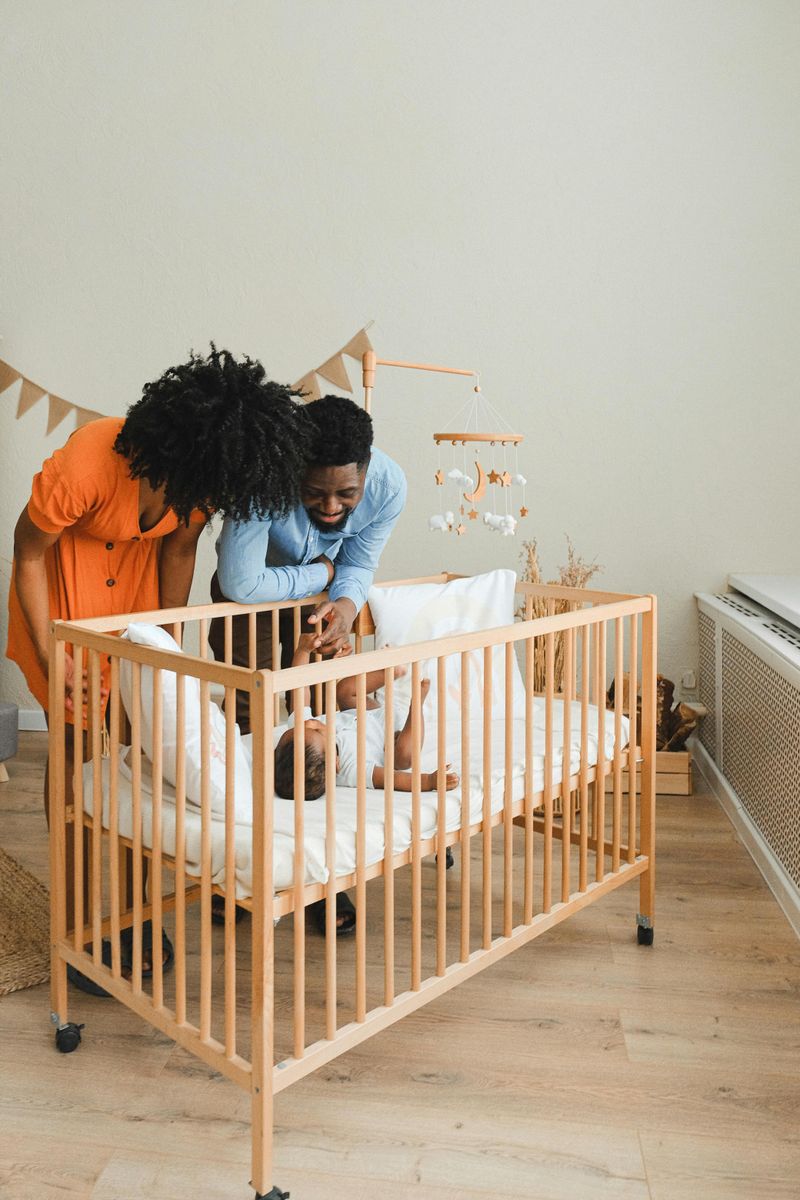10 Things People With Secure Attachment Do Differently in Love

Love can feel like a rollercoaster for many people—thrilling one minute and stomach-churning the next. But for those with secure attachment, relationships tend to be a smoother, steadier ride. They don’t rely on drama to feel alive or play guessing games to test devotion. Instead, they build strong, healthy bonds based on trust, respect, and genuine connection.
1. They Communicate Openly and Honestly

Instead of holding back their feelings, securely attached people share what’s on their minds without fear of rejection. They know that bottling things up only creates distance and resentment over time. That’s why you won’t catch them playing the silent treatment game or expecting their partner to read their mind.
This doesn’t mean they’re blunt or unkind—it’s quite the opposite. Their honesty is paired with empathy, which makes difficult conversations feel less like confrontations and more like problem-solving sessions. By setting this tone early on, they create a safe environment where both partners feel comfortable saying what they truly mean.
2. They Trust Their Partner

Suspicion isn’t their default mode. People with secure attachment trust their partners unless something concrete happens to break that trust. They don’t spend sleepless nights scrolling through texts or worrying about what their partner is doing when they’re not around.
That confidence in the relationship isn’t naïve—it’s built on the belief that love works best when there’s space to breathe. Trust becomes the foundation for emotional intimacy, making both partners feel respected and valued. When trust is given freely, it often inspires the same in return, creating a cycle of security instead of insecurity.
3. They Handle Conflict Calmly

Forget the idea that conflict means something’s broken. Securely attached people know a disagreement doesn’t equal disconnection. Instead of making things worse, they stay calm and focused on fixing the actual problem.
They also listen as much as they talk, making sure their partner feels heard and understood. This doesn’t mean they never get upset, but their approach avoids unnecessary escalation. By keeping calm and working through differences constructively, they prove that conflict can actually bring couples closer when handled with care.
4. They Maintain Healthy Boundaries

While closeness plays a key role, honoring individuality is just as crucial. People with secure attachments realize boundaries serve as guardrails, not barriers, ensuring the relationship stays balanced. They recognize that needing solitude or following personal aspirations outside the relationship is completely acceptable.
By respecting both their own boundaries and those of their partner, they avoid slipping into unhealthy dynamics like codependency or control. Instead, the relationship thrives on mutual respect and autonomy. When both partners can breathe and grow independently, they actually become stronger together.
5. They Show Consistent Support

Being reliable isn’t just about remembering anniversaries or showing up on time. For securely attached people, it’s about being emotionally present when their partner needs them most. Whether it’s celebrating a big win or comforting them during a tough day, they show up consistently.
This predictability creates a sense of safety that makes love feel secure rather than shaky. Their support doesn’t come with conditions or scorekeeping—it’s simply part of who they are. Knowing that their partner can count on them through thick and thin makes the bond even deeper.
6. They Don’t Fear Intimacy

Closeness feels natural to them, not suffocating. They don’t shy away from sharing their feelings, being affectionate, or letting their guard down. Emotional and physical intimacy are welcomed, not avoided.
Because they’re comfortable being vulnerable, their relationships often have a deeper sense of connection. This openness helps their partner feel equally safe, creating a cycle of intimacy that builds trust over time. For them, intimacy isn’t scary—it’s the heart of what makes love worth having.
7. They Respect Their Partner’s Independence

Being in love doesn’t mean merging into one identity. Securely attached individuals embrace both closeness and autonomy, encouraging their partner’s pursuits and passions instead of viewing them as rivals for time or affection.
This attitude creates a healthier balance where neither partner feels smothered or held back. Independence becomes a strength in the relationship rather than a threat. When both people feel free to be themselves, they naturally choose to come back together—not because they have to, but because they want to.
8. They Take Responsibility for Their Actions

Finger-pointing isn’t their go-to move when something goes wrong. Securely attached people recognize that everyone makes mistakes, and they own up to theirs. An apology comes quickly and sincerely, without excuses or shifting blame.
Taking responsibility helps diffuse tension and shows their partner that they’re serious about growth. It also makes it easier for the other person to admit their own mistakes, creating a healthier dynamic overall. In the end, accountability becomes a cornerstone of trust and respect in the relationship.
9. They Celebrate Their Partner’s Successes

When their partner shines, securely attached individuals don’t get jealous—they feel joy. Their loved one’s wins aren’t seen as competition, but as shared victories that bring happiness to both.
This supportive attitude turns the relationship into a true partnership where wins are shared and celebrated together. Their encouragement builds confidence and shows their partner that they’ll always have a cheerleader in their corner. When love is rooted in joy for one another’s growth, both people flourish.
10. They Believe Love Should Feel Safe, Not Chaotic

Drama may make for exciting TV, but it doesn’t make for a healthy relationship. Securely attached people prefer peace, stability, and mutual care over emotional rollercoasters. They don’t confuse chaos with passion. For them, love should be a place to recharge, not another source of stress. By prioritizing safety and stability, they create an environment where intimacy can grow without fear.
This calm foundation doesn’t mean the relationship lacks excitement—it just means that the excitement comes from adventure and joy, not unnecessary turmoil.

Comments
Loading…